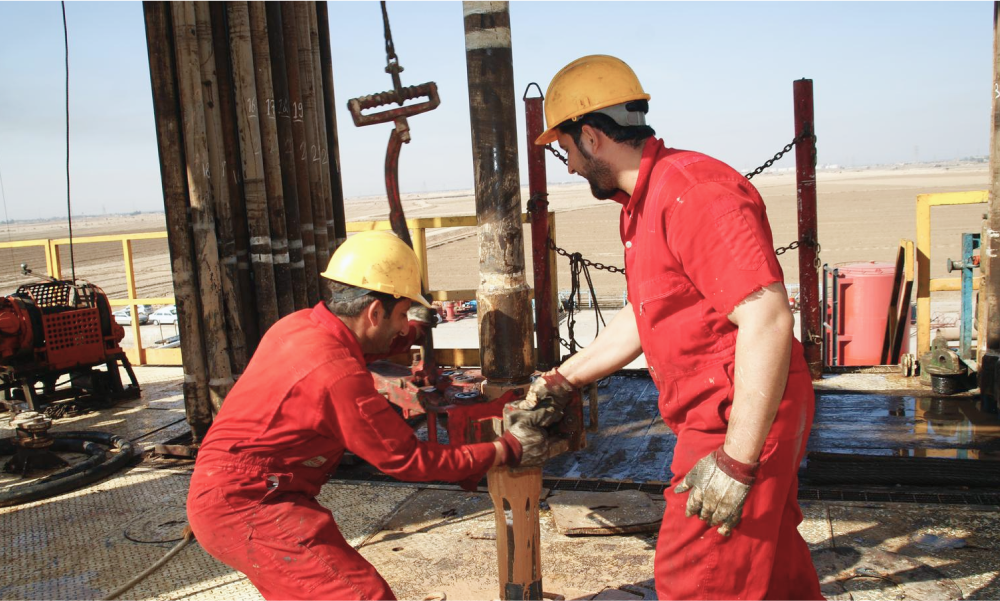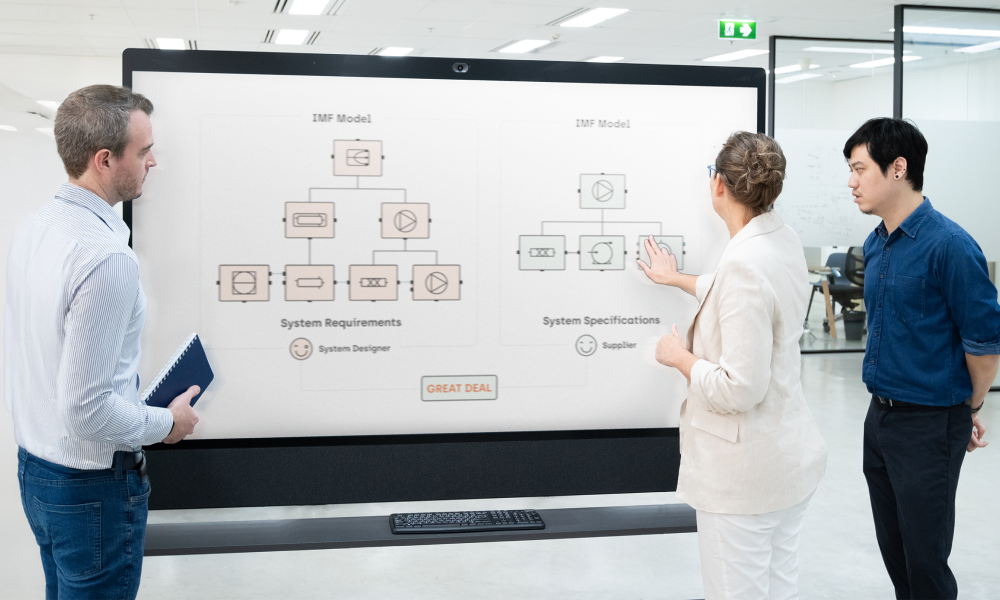The drive for digitalisation and quality data at Automa 2024
From October 14 - 15, Tonia Pederson, Draga CIO, joined our CEO and Engineering systems Specialist, Ken Lie-Haugen, at this year’s Automa Congress. This wasn’t just a great opportunity to network and learn from movers and shakers in the oil and gas industry, but it was also a chance to discover new ways of working in a digital landscape.
Bringing together digital leaders in the industry
The Automa 2024 - Oil & Gas Automation and Digitalisation Congress gathered 180 companies and more than 380 professionals at a two-day business programme, focusing on the latest in automation and digital trends across upstream, midstream and downstream sectors.This year’s hot topics included AI, big data in oil and gas, smart solutions in pipelines, and much more.
As a returning attendee, Tonia particularly enjoys the coffee breaks. They’re a great opportunity to speak to potential partners and innovators who share the same interests within the value chain. This includes manufacturers of smart sensors, and key oil companies looking to connect the dots between data points with better engineering asset management systems.
As a solution architect and seasoned expert in DEXPI, Tonia also found it particularly interesting hearing from groups who are driving the standardisation of digital data in the engineering industry, which will have a direct impact on engineering data content extraction.
The key to better communication and automation

Several companies are a part of the long and complicated lifecycle of oil refineries and oil platforms. A lot of data is transferred between the various businesses involved in building, operating, and maintaining these complex structures – and this data is not always standardised or of high quality and fidelity. Expensive time and energy goes into manually validating vast amounts of data within reports or dashboards.
“If this data can be standardised – and the way that data is identified and talked about too – then several processes can be automated,” says Tonia.
Essentially, good, well-structured data is vital for efficient and accurate validation. In the long run, it’s the base upon which more innovative systems can be adopted into heavy industry. That includes using AI and predictive systems in oil and gas sectors.
The reward of well-structured data
The shift to effective big data analytics in oil and gas industry leaders is still in progress. Many companies still have archives of paper to sift through and digitise, while others have data still locked away in PDFs. These make it increasingly difficult to match today’s standards and demands.
Draga continuously works on helping our clients make their data more relevant and useful for AI integration and to use in engineering digital twin solutions. This includes working to improve different standards of how to structure data and develop more effective engineering content management.
“The question we need to ask is how can we improve the quality of data and documentation for our customers, so they can take that next step into digitalisation?” says Tonia.
Companies need to reexamine their current processes, and identify the gaps in their systems that need filling before they can fully commit to smart technologies and digitalisation.

“It’s a matter of getting to stand at the same table as someone and ask them what they do, and contextualising the demands of their work,” Tonia says.
As engineers with experience in various disciplines, the Draga team is well-equipped to understand your company’s particular pain points. If you want to explore real-life business cases for how effective digitalisation opens up new opportunities for companies in the oil and gas industry, reach out to us today.
You May Also Like
These Related Stories

Can digital twins drive decarbonisation?

Challenges and lessons in setting new industry datasheet standards


